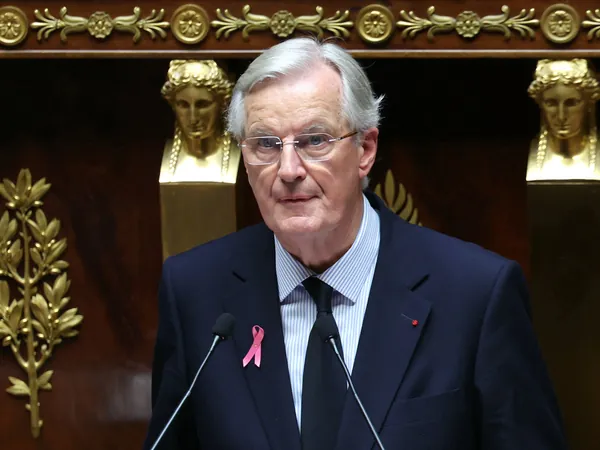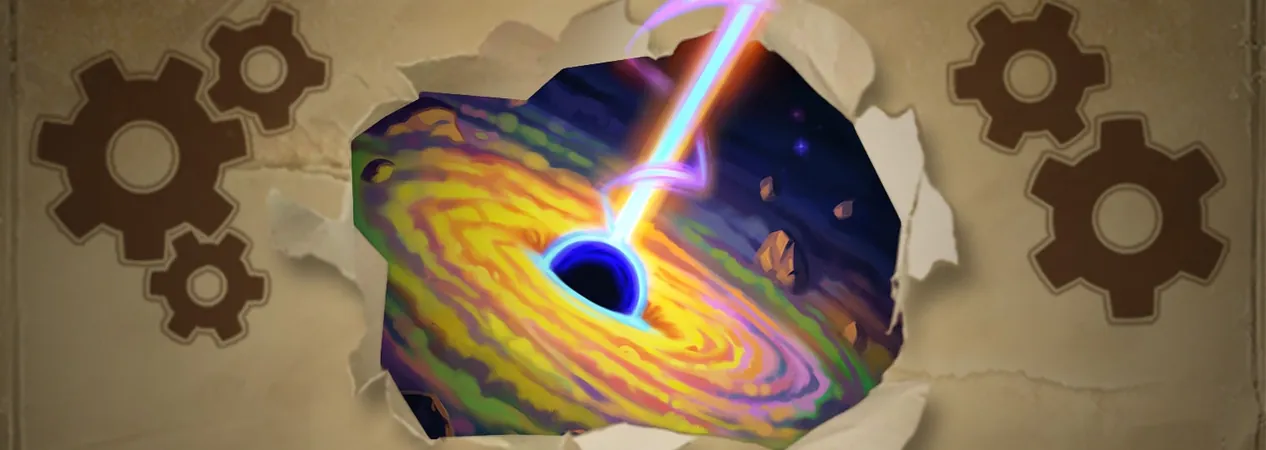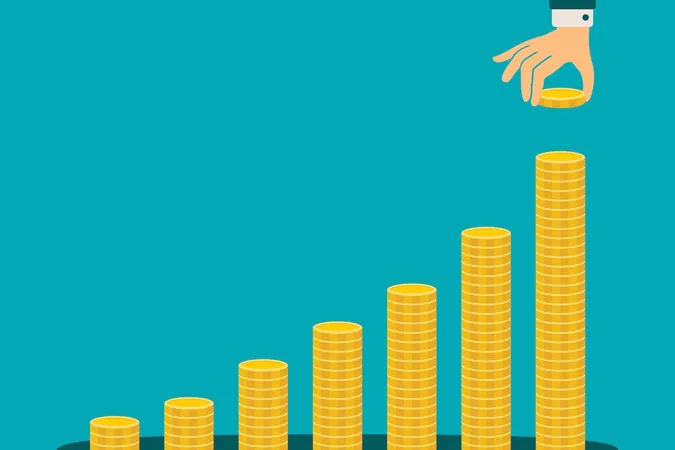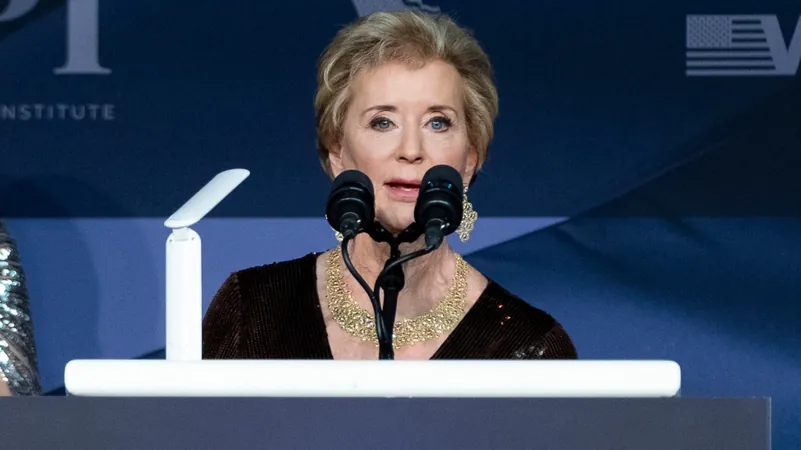
Is French PM Barnier's Government on the Brink of Collapse? Political Turmoil Unfolds!
2024-12-03
Author: Michael
Political Turmoil in France
The French government, led by Prime Minister Michel Barnier, finds itself teetering on the edge of collapse as opposition parties gear up to initiate a no-confidence vote resulting from a contentious social security budget. The latest crisis in France's political landscape comes after Barnier's decision to pass budget measures without parliamentary approval, igniting outrage from both left-wing factions and far-right groups.
Barnier, known for his previous role as the EU’s Brexit negotiator, was appointed Prime Minister by President Emmanuel Macron following a July snap election that left the parliament hung. At the age of 73, Barnier has struggled to maintain a solid footing for his minority government amid growing pressures.
The No-Confidence Motions
On Wednesday, the French parliament will witness a showdown as two no-confidence motions are presented. A successful vote could plunge the nation into political chaos for the second time this year, recalling the turbulent unrest caused by Macron's pension reforms earlier.
What sparked the no-confidence motions?
Recent interactions within the parliament have seen increasing pressure from the far-right National Rally (RN) and the left-wing New Popular Front (NFP) as they push for significant changes to Barnier's proposed social security budget for 2025.
His budget plan proposes substantial tax increases totaling approximately $62.8 billion along with spending cuts expected to amount to €40 billion (around $42 billion) aimed at reducing the national deficit. Currently, France's public deficit stands at an alarming 6.1% of its GDP, compelling Barnier to act in accordance with EU mandates which stipulate a budget deficit must not exceed 3%.
In a decisive move Monday, Barnier invoked Article 49.3 of the French Constitution, allowing him to enact the budget bill without a parliamentary vote, further intensifying opposition frustrations. Mathilde Panot, representative of the left-wing France Unbowed (LFI) group, asserted, "With [Article] 49.3, this is one blow too many from an illegitimate government. We are tabling a motion of censure. Barnier's fall is a done deal, and Macron will be next."
Marine Le Pen, the leader of the National Rally, echoed similar sentiments on social media, advocating for the no-confidence vote as a means to shield the French populace from "a dangerous, unjust and punitive budget," which she claims exacerbates the daunting deficits the country has faced over the past seven years.
Despite facing mounting opposition, Barnier has steadfastly defended his budget, asserting, "The French will not forgive us for putting the interests of individuals before the future of the country."
Political analysts, like Jacob Ross from the German Council on Foreign Relations, argue that Barnier’s reliance on the far right for political support places him in a precarious position. "Le Pen and her party are not genuinely interested in the survival of Barnier or Macron; this no-confidence move is strategic," he noted.
Historical Context of No-Confidence Votes
No-confidence votes are entrenched in French political history. Under President Charles de Gaulle, a government was forced to resign after a no-confidence motion in the 1960s. More recently, Macron's government narrowly dodged a similar fate over pension reforms amidst widespread protests.
Political experts predict Barnier’s tenure may end following the upcoming vote. Ross affirms, "If Barnier survives this, it would only delay the inevitable political turmoil in France."
Implications for Macron and Leadership
As President Macron engages in diplomatic discussions in Saudi Arabia, the ramifications of a potential government upheaval linger. Should Barnier’s government fail, Macron will be left to navigate a fractured parliament to appoint a new prime minister.
Gesine Weber from the German Marshall Fund cautions against the impending deadlock. "If Barnier is ousted, could Macron appoint anyone from his political base? The only option might be a candidate from the left, which complicates governance even further," she said.
Public Sentiment and Reactions
Across France, citizens exhibit mixed feelings about the political mayhem. Barbara Darbois, a 52-year-old telecommunications worker in Avignon, described the political landscape as "chaotic." Meanwhile, Stuart Bottomley, an expatriate in Bordeaux, expressed relief over the potential fall of Barnier's austerity measures.
What Does This Mean for Europe?
This latest political crisis in France compounds the instability just witnessed in Germany, leading to broader concerns about the resilience of Europe's largest economies. With rising tensions and a vacuum of leadership at the European level, experts warn that the political chaos in France may challenge the continent's ability to effectively confront issues such as the Ukraine conflict and relations with the U.S. under President Donald Trump.
In a world where France's internal instability threatens its role in Europe, many believe the country is in dire need of decisive leadership to steer it toward a stable future. Can Barnier weather the storm, or is France destined for more turmoil? Only time will tell!









 Brasil (PT)
Brasil (PT)
 Canada (EN)
Canada (EN)
 Chile (ES)
Chile (ES)
 España (ES)
España (ES)
 France (FR)
France (FR)
 Hong Kong (EN)
Hong Kong (EN)
 Italia (IT)
Italia (IT)
 日本 (JA)
日本 (JA)
 Magyarország (HU)
Magyarország (HU)
 Norge (NO)
Norge (NO)
 Polska (PL)
Polska (PL)
 Schweiz (DE)
Schweiz (DE)
 Singapore (EN)
Singapore (EN)
 Sverige (SV)
Sverige (SV)
 Suomi (FI)
Suomi (FI)
 Türkiye (TR)
Türkiye (TR)